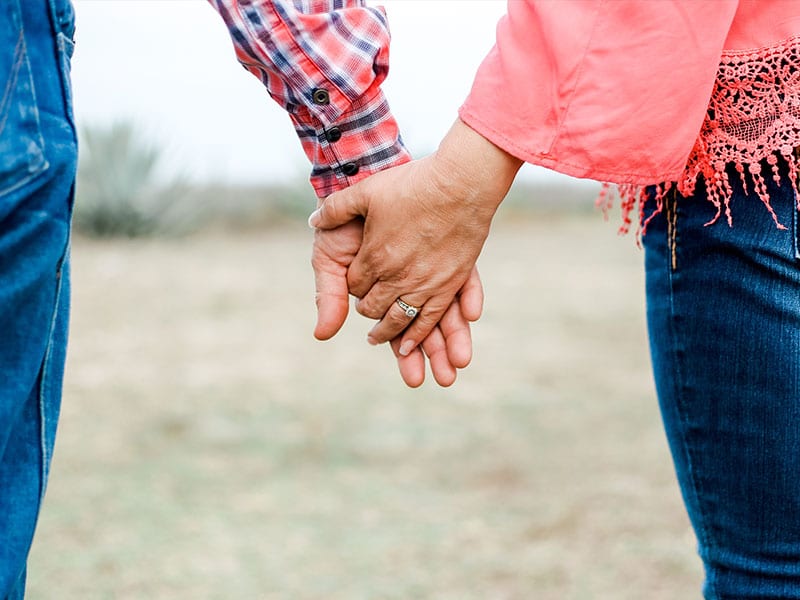
TMI! It’s become part of our spoken and written language. It means ‘too much information’ and is the speaker’s way of saying you’re sharing more than I want to hear.
Maybe it’s explicit, emotionally raw, gossip, highly personal or racist? It could be any range of things—what one person considers to be too much may be fine for someone else. Culture encourages us to overshare. We watch personalities on television revealing way too much.
There is a good reason for you to be careful about how much you share, particularly on online dating sites. It’s a tricky balance, figuring out what to say…and what to omit. I applaud anyone who strives for transparency. It’s much preferred to lying about important details. You don’t need to blurt it out immediately, you can decide what needs to be shared and when to share.
Let’s look at a few examples:
I am HIV-positive/ have herpes and want you to know that up front. I agree that this knowledge should be shared up front. It saves time by immediately weeding out those who are not interested in getting to know you. It probably saves the awkward second date conversation when the potential for an angry response is likely.
My first wife/husband cheated on me and I’ve not sure I’m ready to date yet. So why is this person on the dating site? Sharing this will scare off prospects who see you as ambivalent and potentially bitter or hurt?
I’ve had three husbands but I think there’s room in my life for one more. If you’re easy going and like kids, because I have a lot and two of them are still at home, then we should talk. I’ve been through menopause and I don’t know if it’s hormones or not but some days I’m a bitch to live with… that’s probably why the third husband walked out on me last month. Don’t you dare write her! She’s got no sense of boundaries and has commitment issues—to put it mildly.
These are all made up but I’ve seen similar statements in online dating profiles.
Do You Have Something To Disclose?
Why do you want to share it? How will it sound and will it damage your chances for finding a partner. Would it be wrong of you not to tell the truth?
As you write your online profile think about your intended reader and his or her reaction. Think of your profile as an advertisement. Who is your audience? What do you want them to know about you? How do you want them to feel and react? Are you looking for humor? Weeding out uber-radical Christians? Seeking a sex mate who loves the photo of you with leather whip in hand?
What are you striving for? If you don’t know the answer to that then maybe you should stop and think before sharing your most private details.
Honesty Is The Best Policy. Yes, But….
Honesty is important in building a strong relationship based on trust. You should share important facts but you can choose the timing of your revelations. Your online dating profile, the first phone conversation and the first date are all crucial times. They are times when you want to make a good impression. If you start out with angry comments, criticism or sad stories your date may feel overwhelmed and lose interest. For example, the first date is not the time to spill your guts about a nasty divorce or your issues with depression.
I bet some of you think I’m wrong, that it’s better to tell the truth? I’m not advocating lying. I’m suggesting that you take your time in sharing. Make sure your date is ready to hear your story. If he/she asks direct questions, by all means give an honest answer. But you do not have to volunteer reams of personal stuff within the first twenty minutes of meeting someone. You wouldn’t do that on a job interview or in a business meeting would you?
Online dating is a great place to practice being truthful, in measured doses. Two people who want to date, or even spend a life together, will have questions for each other. By timing disclosures you can make sure your information will be treated with respect. Once you’ve established a bond it becomes easier to share difficult stories without risking damage to the relationship.
People often regret sharing too much information. Take your time and think carefully about the early conversations. Share interesting stories, ask questions, and be a good listener. As you build rapport you can begin to open up and share personal stories.
How do you feel about sharing personal information on the first date?
